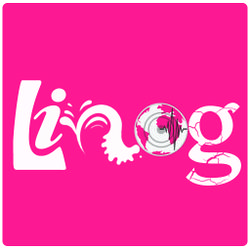Linog: Difference between revisions
m →To Dos |
m →To Dos |
||
| Line 35: | Line 35: | ||
* aggregation of crowd-sourced reports from social media using keywords from local languages | * aggregation of crowd-sourced reports from social media using keywords from local languages | ||
* rescue beacon system that enables Linog users to register their last known locations in an area where there's intense earthquake | * rescue beacon system that enables Linog users to register their last known locations in an area where there's intense earthquake | ||
* user-fed seimic readings using phone's accelorometer | |||
<br /> | <br /> | ||
[[Category:DILC Projects]] | [[Category:DILC Projects]] | ||
Latest revision as of 23:33, 29 May 2014

Linog collects information on seismic events that took place in your area (100 km radius) in the last 24 hrs. Coverage is limited to Philippine territory. For this app to work, you need internet connection and your phone's location services activated.

This app aims to be a platform for learning about risks associated with earthquakes. Linog (Visayan for "earthquake") is produced by DILC (Diliman Interactive Learning Center, University of the Philippines), in cooperation with PHILVOCS (Philippine Institute of Volcanology and Seismology) and ASTI (Advanced Science and Technology Institute).
Shortcut to this page: dilc.info/linog
Linog is available on Google Play

Development Team
- Mark Angelo Yadao (Android)
- Dan Villareal
- Darwin Gonzales
- Kevin Aganus (graphics)
- Peter A. Sy (consultant)
To Dos
- direct XML parsing of seimic data
- fail-over data feeds
- iOS version
- interactive infographics
- aggregation of crowd-sourced reports from social media using keywords from local languages
- rescue beacon system that enables Linog users to register their last known locations in an area where there's intense earthquake
- user-fed seimic readings using phone's accelorometer


